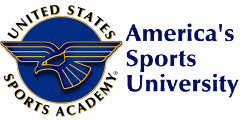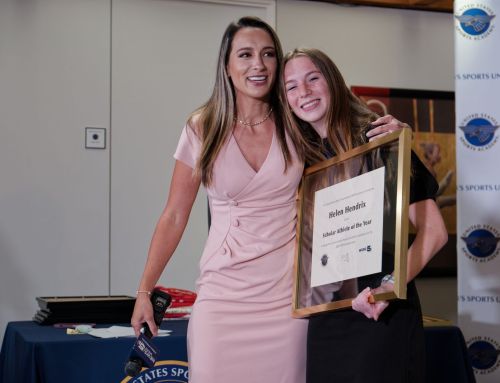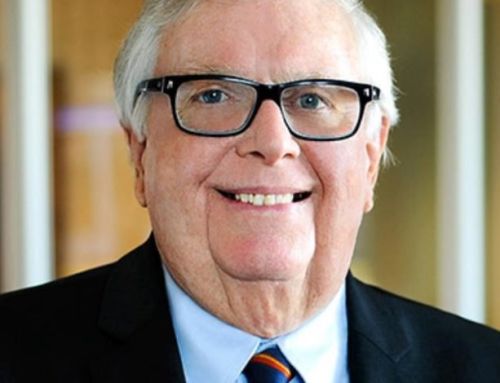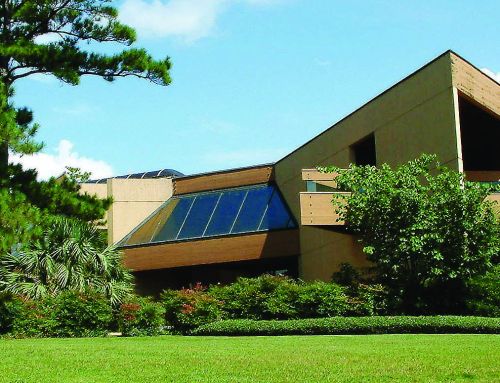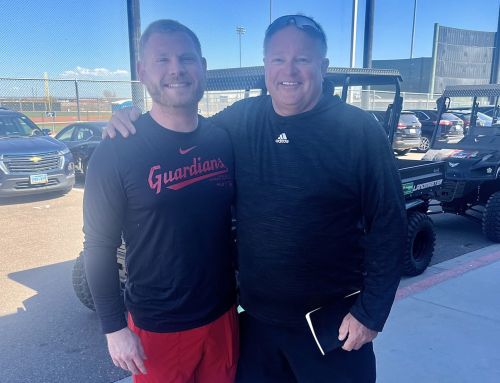 The United States Sports Academy is making inroads to further expand its domestic sports education programs as members of its faculty recently made a presentation to the American Indian Higher Education Consortium (AIHEC) in Minneapolis, Minn., in early October.
The United States Sports Academy is making inroads to further expand its domestic sports education programs as members of its faculty recently made a presentation to the American Indian Higher Education Consortium (AIHEC) in Minneapolis, Minn., in early October.
Academy vice president of academic affairs Dr. Tomi Wahlstrom and director of instructional design David Penrose were invited to attend and present to the AIHEC Athletic Commission, which is responsible for the governance of the 37 college and consortia based sports programs with the United States based Tribal Colleges and Universities (TCUs).
In their presentation, Wahlstrom and Penrose provided an overview of the Academy’s history of working with, recognizing, and supporting American Indian athletes as well as the institution’s involvement in helping to build professional and successful sport programs in some 67 countries around the world. The pair also presented to the Student Activities Committee and members of the AIHEC Student Congress.
“It was a great honor to be invited to present in this forum,” Wahlstrom said. “I look forward to a long term, mutually beneficial collaboration between the Academy and tribal colleges.”
The American Indian Higher Education Consortium, a 501(c)(3) organization governed by a board of directors composed of the presidents of the accredited United States-based Tribal Colleges and Universities (TCUs), is celebrating 45 years as the collective spirit and unifying voice of our nation’s 37 TCUs—a unique community of tribally and federally chartered institutions working to strengthen tribal nations and make a lasting difference in the lives of American Indians and Alaska Natives.
Since its founding nearly a half-century ago, the United States Sports Academy has leveraged its role and resources as a special mission sports university to make a global impact through quality sport instruction, research and service programs in 67 countries around the world. These contributions have varied in scope from the full-charge conduct of a nation’s entire national sport effort to individual coaching clinics, seminars, and symposia.
The Academy’s international efforts have included programs and partnerships in the Middle East, Asia, Europe, and more.
Clients of the Academy have included educational institutions, central sports organizations (CSOs, such as ministries of youth and sports), national Olympic committees, ministries of education (for physical education and interscholastic sport programs) and sport associations and federations. Many of the details of this work can be found by visiting the Academy’s website at https://ussa.edu/international/
